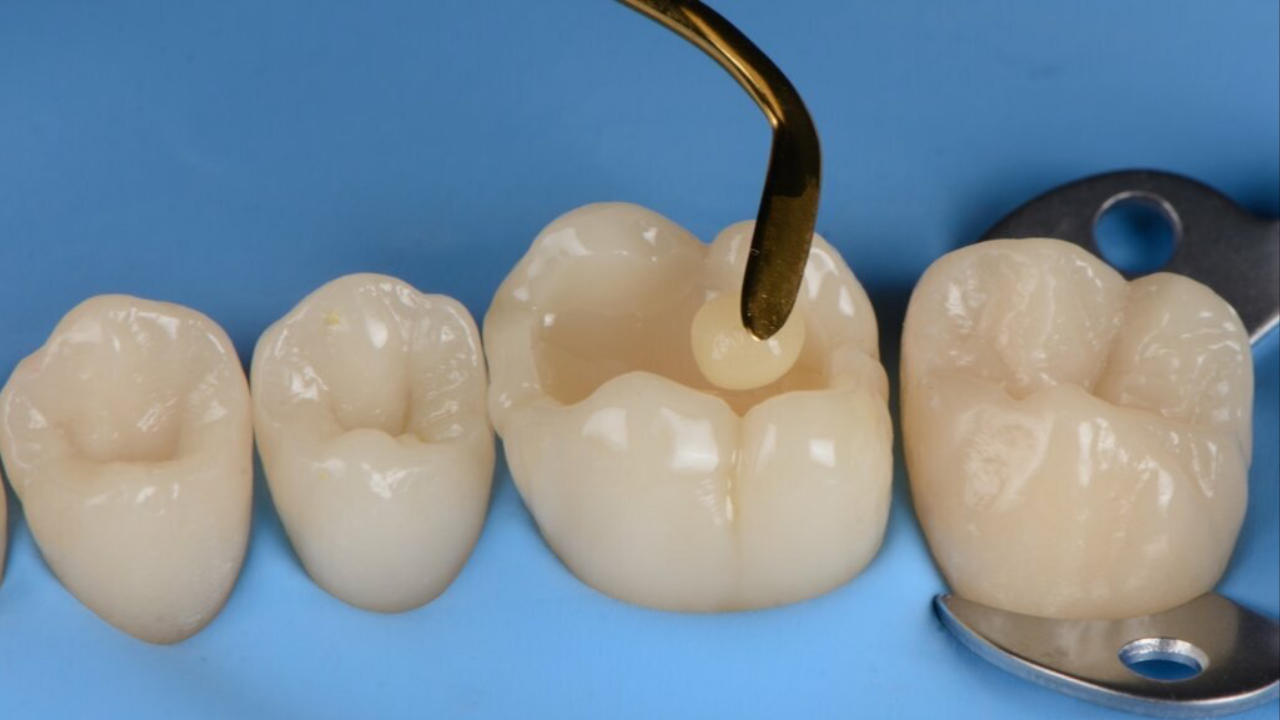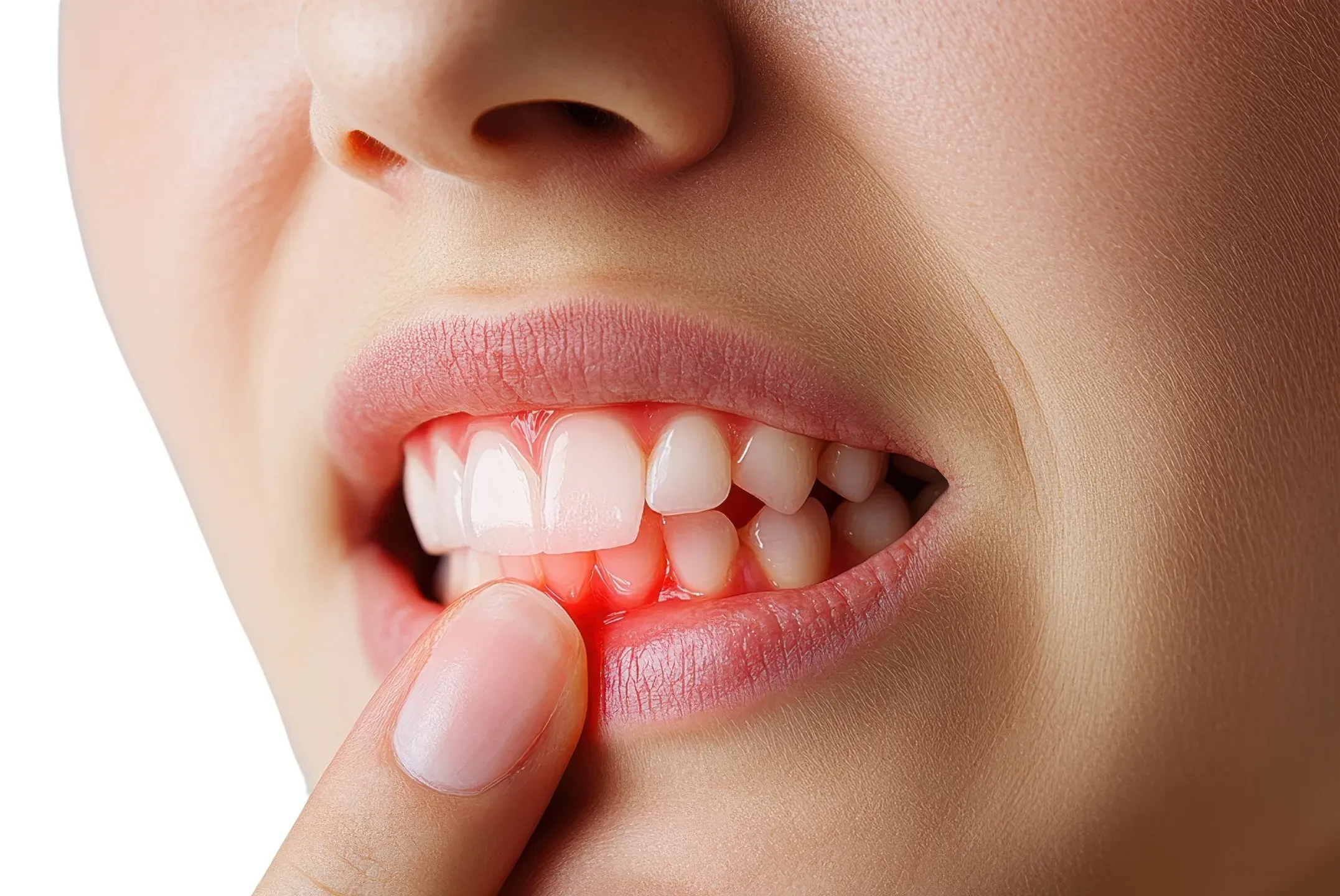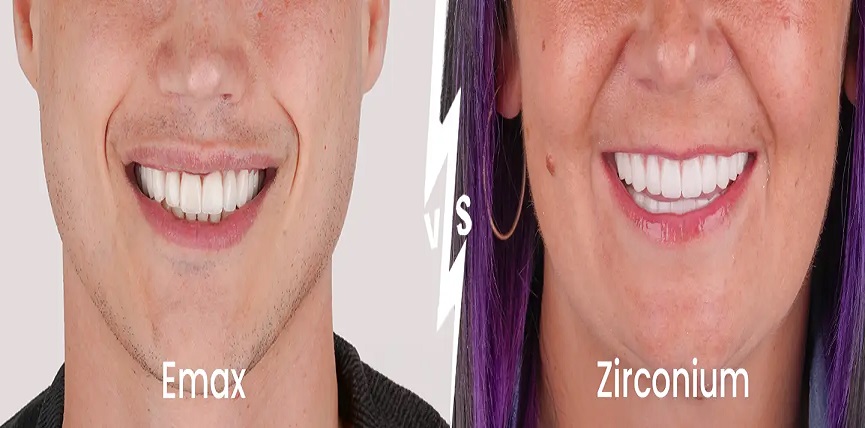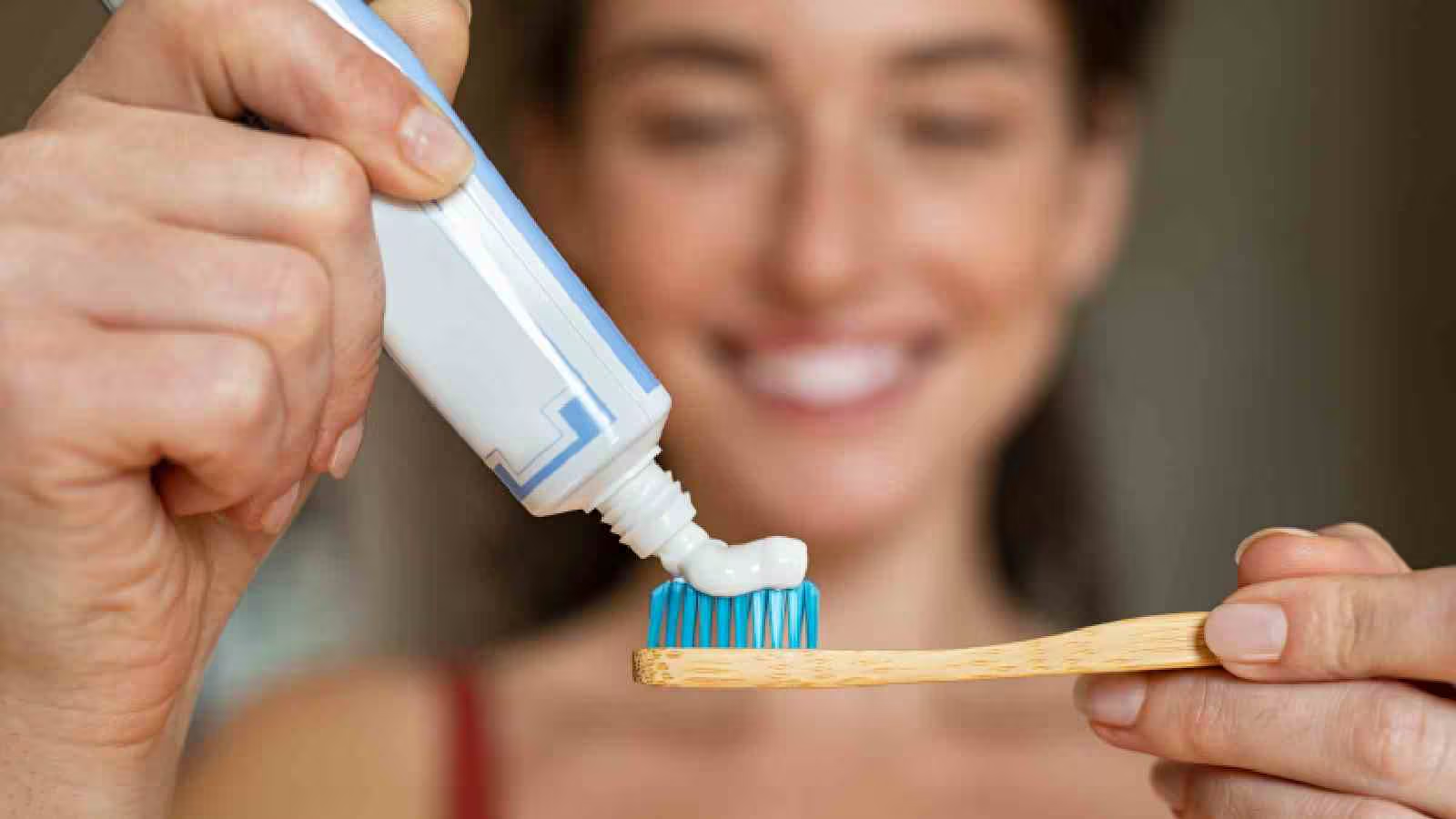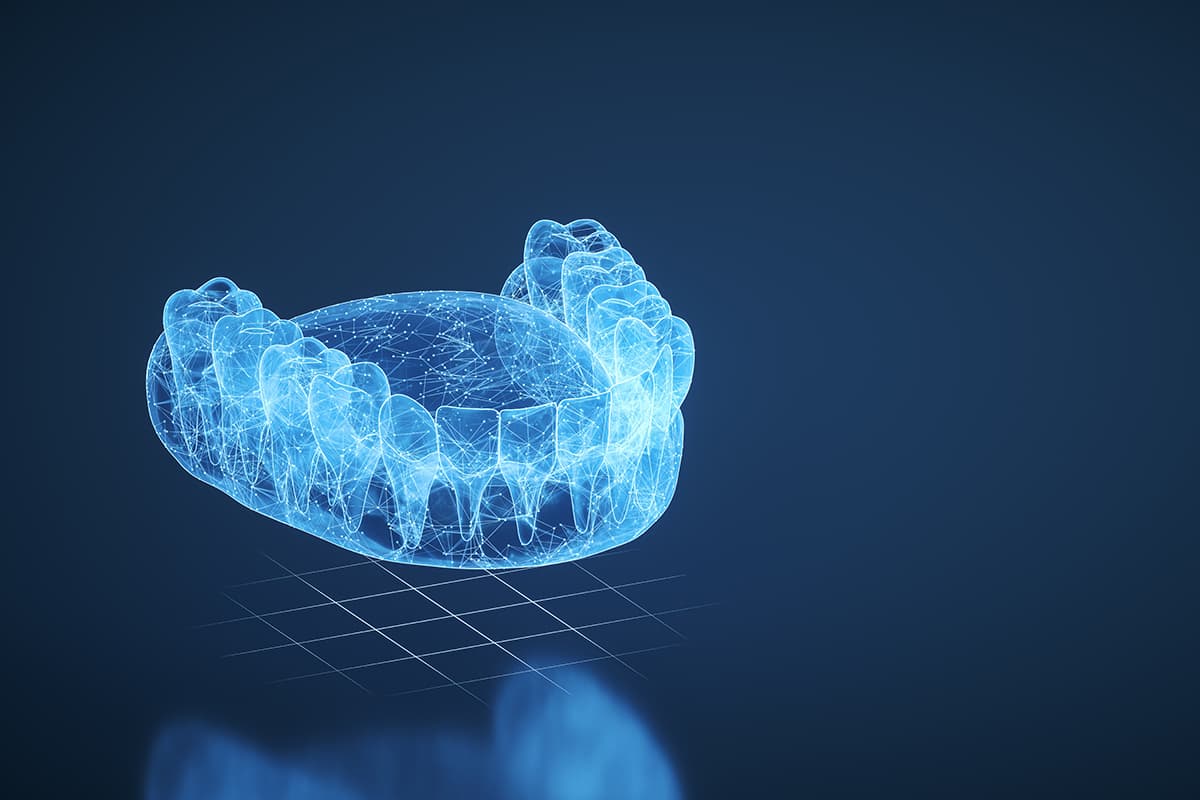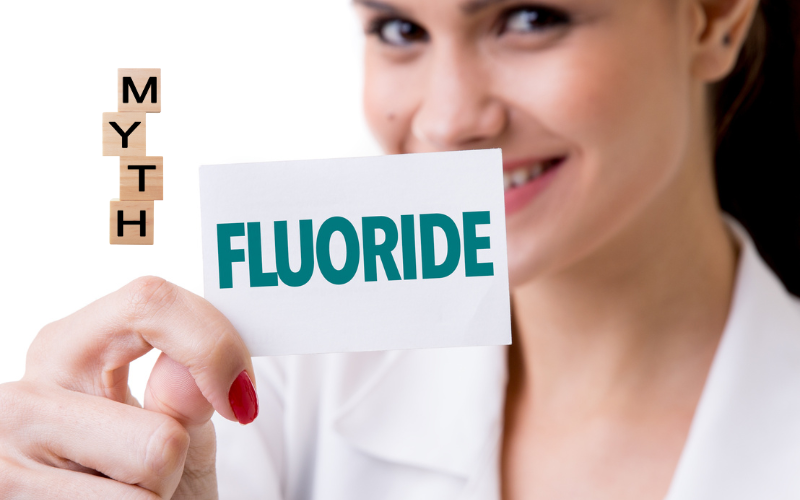
Debunking Common Fluoride Myths: What You Need to Know
Fluoride has long been a buzzword in dental care, sometimes hailed as a cavity-fighting superhero, and at other times demonized in various internet myths and conspiracy theories. If you’ve ever wondered whether fluoride is safe, necessary, or even effective, you’re not alone.
So let’s clear the confusion once and for all by busting some of the most common myths about fluoride, using solid science and evidence.
Myth #1
“Fluoride is a toxic chemical and should be avoided.”
Fact:
Fact: While excessive fluoride can be harmful (just like too much salt or even water), the amount used in dental products and public water fluoridation is safe and beneficial.
Fluoride in toothpaste or drinking water is present in tiny, regulated amounts. The Centres for Disease Control and Prevention (CDC) states that community water fluoridation at recommended levels (0.7 mg/L) is safe and effective in preventing tooth decay. A 2011 report by the U.S. National Research Council found no credible evidence that fluoride at levels used in community water causes health problems.
Myth #2
“Fluoride doesn’t actually prevent tooth decay.”
Fact:
Fluoride absolutely helps prevent tooth decay. It works in three powerful ways:
1. Remineralizing weakened enamel
2. Reversing early stages of tooth decay
3. Inhibiting the growth of harmful oral bacteria
A review published in The Cochrane Library (2015) analysed over 155 studies and found that fluoridated water reduced tooth decay by 35% in baby teeth and 26% in permanent teeth, compared to non-fluoridated areas. Topical fluoride from toothpaste or varnish has been shown in numerous clinical studies to reduce cavities and improve enamel strength.
Myth #3
“Fluoride is unnecessary if you brush and floss well.”
Fact:
Good oral hygiene is crucial, but fluoride provides extra protection, especially in populations at higher risk for decay.
A 2018 study published in the Journal of Dental Research found that fluoride toothpaste significantly lowered cavity rates, even in people with excellent oral hygiene habits.Moreover, many common foods and beverages are acidic or sugary, creating conditions for decay despite good brushing. Fluoride helps neutralize that risk.
Myth #4
“Fluoride causes cancer or other serious health issues.”
Fact:
This myth stems from outdated or misinterpreted studies. Multiple major health organizations, including the American Cancer Society, World Health Organization (WHO), and National Institutes of Health (NIH), have found no credible link between fluoride and cancer or other systemic diseases.
One long-term study published in the journal Cancer Causes & Control (2011), which analysed over 2 million cancer cases, concluded there was no association between water fluoridation and cancer incidence. The National Cancer Institute has also stated clearly that scientific evidence does not support the claim that fluoride in drinking water increases the risk of cancer.
Myth #5
“Fluorosis is a sign of fluoride poisoning”
Fact:
Dental fluorosis is a cosmetic condition, not a toxic reaction. It usually appears as faint white spots on teeth when too much fluoride is consumed during early childhood while teeth are still developing.
In most cases, fluorosis is mild and doesn’t affect tooth function. Severe fluorosis is rare in communities with controlled fluoride exposure.
To avoid fluorosis, paediatricians and dentists recommend:
• Using only a pea-sized amount of toothpaste for children under 6.
• Supervising children to prevent swallowing toothpaste.
Myth #6
“Natural alternatives are better than fluoride.”
Fact:
Some natural ingredients like xylitol and neem have limited cavity-fighting properties, but none are as well-researched or consistently effective as fluoride.
Fluoride is the gold standard in preventing tooth decay, with decades of peer-reviewed evidence backing its benefits. Using a fluoride-free toothpaste may feel more natural, but it also means giving up proven protection which is especially risky for children, the elderly, and people with medical conditions that affect oral health.
Fluoride has been called one of the greatest public health achievements of the 20th century, and for good reason. It helps prevent tooth decay, saves money on dental treatments, and supports overall oral health. When used as recommended, in toothpaste, mouth rinses, or community water, fluoride is not only safe but essential in the fight against cavities.
If you’re still unsure or have questions, talk to us or your dentist. We’re here to give you facts, not fear.

